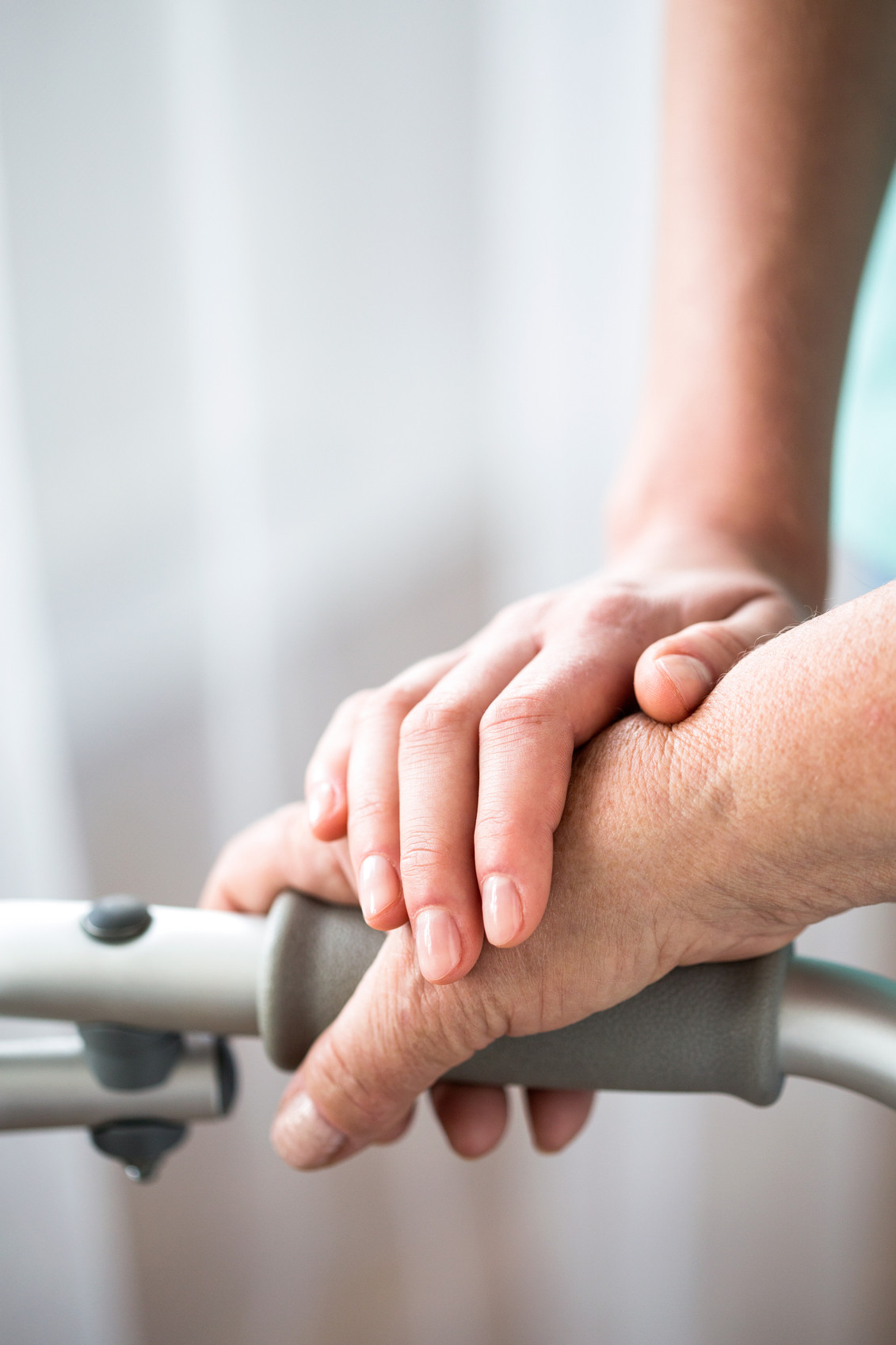
Driving with arthritis pain: Stay comfortable — and safe — behind the wheel

Daily cup of coffee may prevent afib recurrence

Gene-editing therapy lowers harmful blood fats in early study

What is EMDR therapy, and who can it help?

GLP-1 drugs versus bariatric surgery for treating obesity

Two dumbbells, three exercises, and 10 minutes

Easing the emotional burden of IBS

Modify your push-ups to meet your fitness level

What is long QT syndrome?

Stroke survivors may benefit from very low LDL levels
Caregiving Archive
Articles
Let’s recognize caregivers and make it easier for all of us to do the right thing
November is National Family Caregivers Month. Being a caregiver is an act of love and responsibility, but it comes at a cost. There are currently 40 million caregivers in the United States. These individuals devote time to take care of a loved one, endure stress that carries health risks, and often bear a financial burden as well. It is hard work and it’s worth taking a moment to appreciate those who are caregivers. Ideally, doctors and the health care system will find ways to help caregivers integrate their responsibilities into the workflow of their lives in the interest of better outcomes for everyone.
4 things you can do to alleviate caregiver stress
If you are taking care of a loved one, you need to take special care of yourself, too. There are resources to help you.
Image: Bigstock
More than 65 million Americans—two-thirds of whom are women—are taking care of a disabled or ailing family member. If you're among them, you're well aware that caring for a loved one can be one of the most rewarding experiences in life, but it can also be one of the most challenging, especially to your own health.
"We know family caregivers are under a particular amount of stress. And stress over time can cause them to become ill," says Dr. Diane Mahoney, Jacque Mohr Professor of Geriatric Nursing Research at MGH Institute of Health Professions, an academic affiliate of Massachusetts General Hospital. In fact, more than 20% of caregivers report that their health has suffered as a result of their responsibilities.
Planning ahead for your future medical care
Talking with loved ones about your values and wishes can help ensure you'll receive the type of treatment you want.
Image: moodboard /Thinkstock
If you're like most people, you've avoided talking about what would happen in the event that you become unable to make your own health care decisions. But as your family and friends gather together during the upcoming holidays, consider carving out some time for an important conversation with a person you trust.
Everyone should have a health care proxy—a person who can speak on your behalf if you lack the capacity to do so. "You don't want to burden your health care proxy with difficult decisions. That's why you need to discuss the choices that you'd make for yourself," says Dr. Lynne W. Stevenson, professor at Harvard Medical School and director of the cardiomyopathy and heart failure program at Brigham and Women's Hospital.
Caregivers: Remember your own health
It appears that caregivers of people who spend a week or more on an ICU ventilator have a high risk for developing clinical depression that can last up to a year after the ICU survivor is discharged.
Opioid crisis: The difference between sympathy and empathy
When a patient calls a new doctor begging for a refill on their pain medication, what should the doctor do? Denying medication to someone in significant pain seems unethical — but denying it to someone who’s suspected to be reselling it is a whole different story. Doctors now have systems in place to help them make the right call. But even these systems can’t replace the most critical piece of the puzzle — empathy.
Caregivers: Heavier load may take a bigger toll on health
Image: Attila Barabas/Thinkstock
News Briefs
Caring for an elderly family member with disability, dementia, or both is a tough job. And those with the heaviest responsibilities suffer the most consequences, finds a study published Feb. 15, 2016, in JAMA Internal Medicine.
Researchers looked at information from two large national surveys of older adults and their family caregivers. They noted that about 15 million family caregivers are assisting almost eight million adults 65 or older, and 44% of caregivers are providing substantial care—about 28 hours per week—by helping with medication management, doctor visits, and transportation. Researchers found that people providing substantial care are more likely to live with the person they care for and are more likely to experience significant emotional, physical, and financial difficulty compared with caregivers who don't provide substantial help. Researchers also said people providing substantial care are more than five times as likely to miss out on activities they value and three times as likely to be less productive at work, compared with those who don't have such a heavy caregiving load.
5 key questions to help you develop a caregiving plan
If you're taking on the role of caregiver for the first time, you probably have many questions: What exactly will it entail? Where can you find help? How do you even start?
When faced with this kind of uncertainty, the best thing you can do for your loved one — and yourself — is to make a caregiving plan. Of course, your loved one's needs may change over time, and you can never plan for every last detail or eventuality. But if you begin by covering the basics, you will have an important foundation to build on later.

Driving with arthritis pain: Stay comfortable — and safe — behind the wheel

Daily cup of coffee may prevent afib recurrence

Gene-editing therapy lowers harmful blood fats in early study

What is EMDR therapy, and who can it help?

GLP-1 drugs versus bariatric surgery for treating obesity

Two dumbbells, three exercises, and 10 minutes

Easing the emotional burden of IBS

Modify your push-ups to meet your fitness level

What is long QT syndrome?

Stroke survivors may benefit from very low LDL levels
Free Healthbeat Signup
Get the latest in health news delivered to your inbox!
Sign Up











